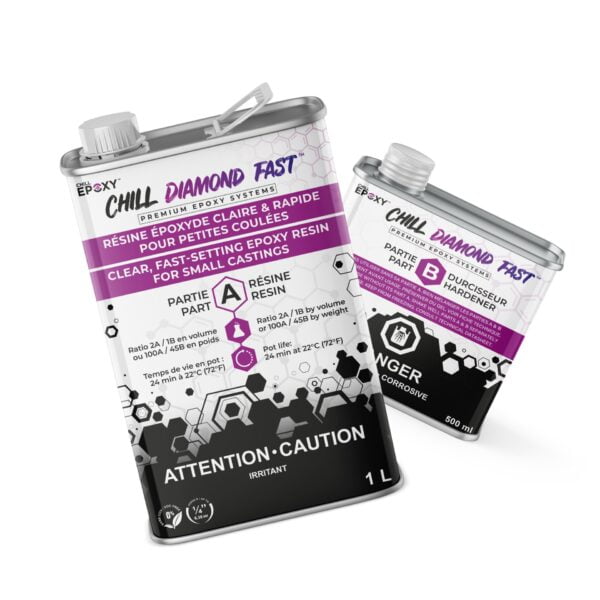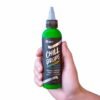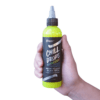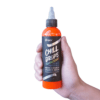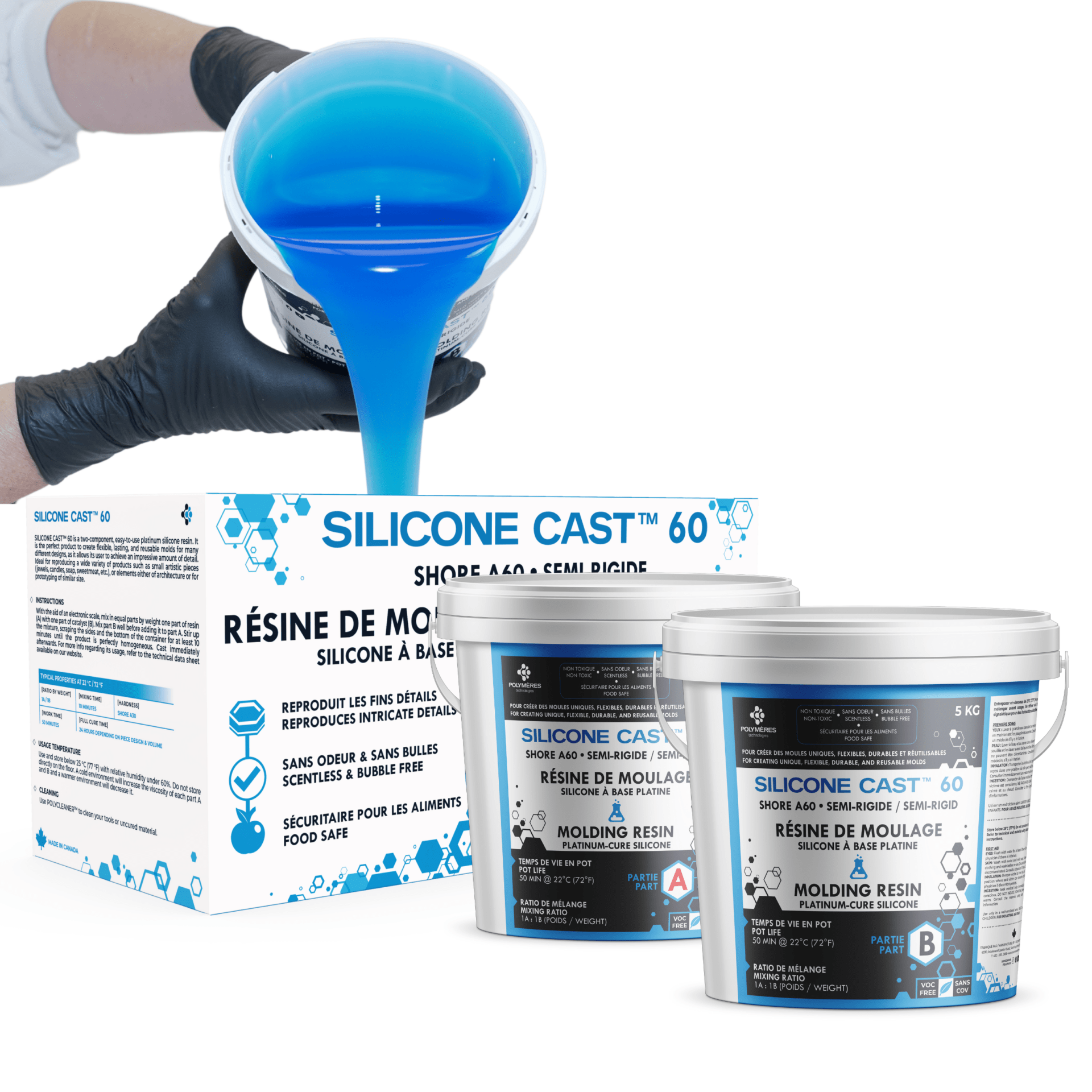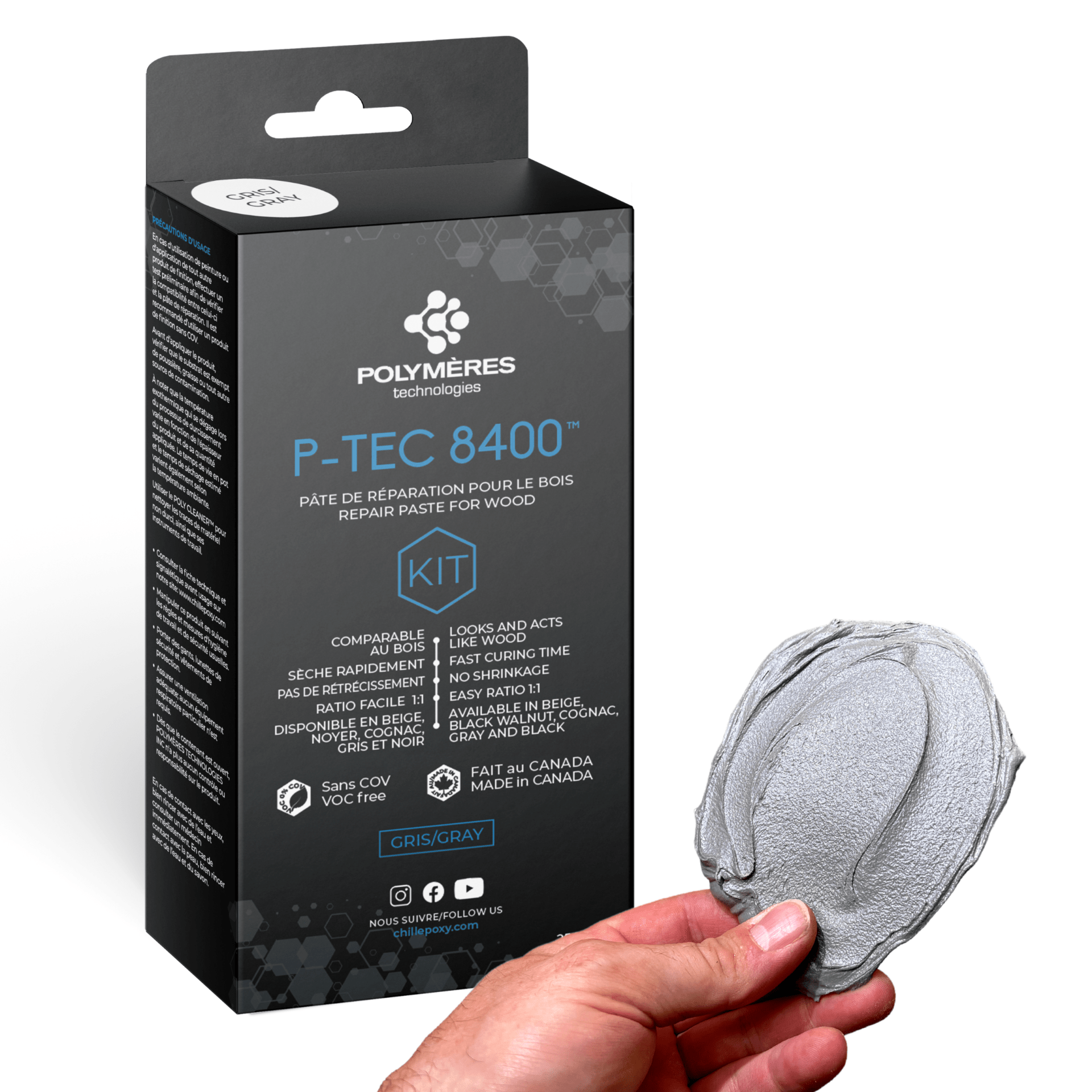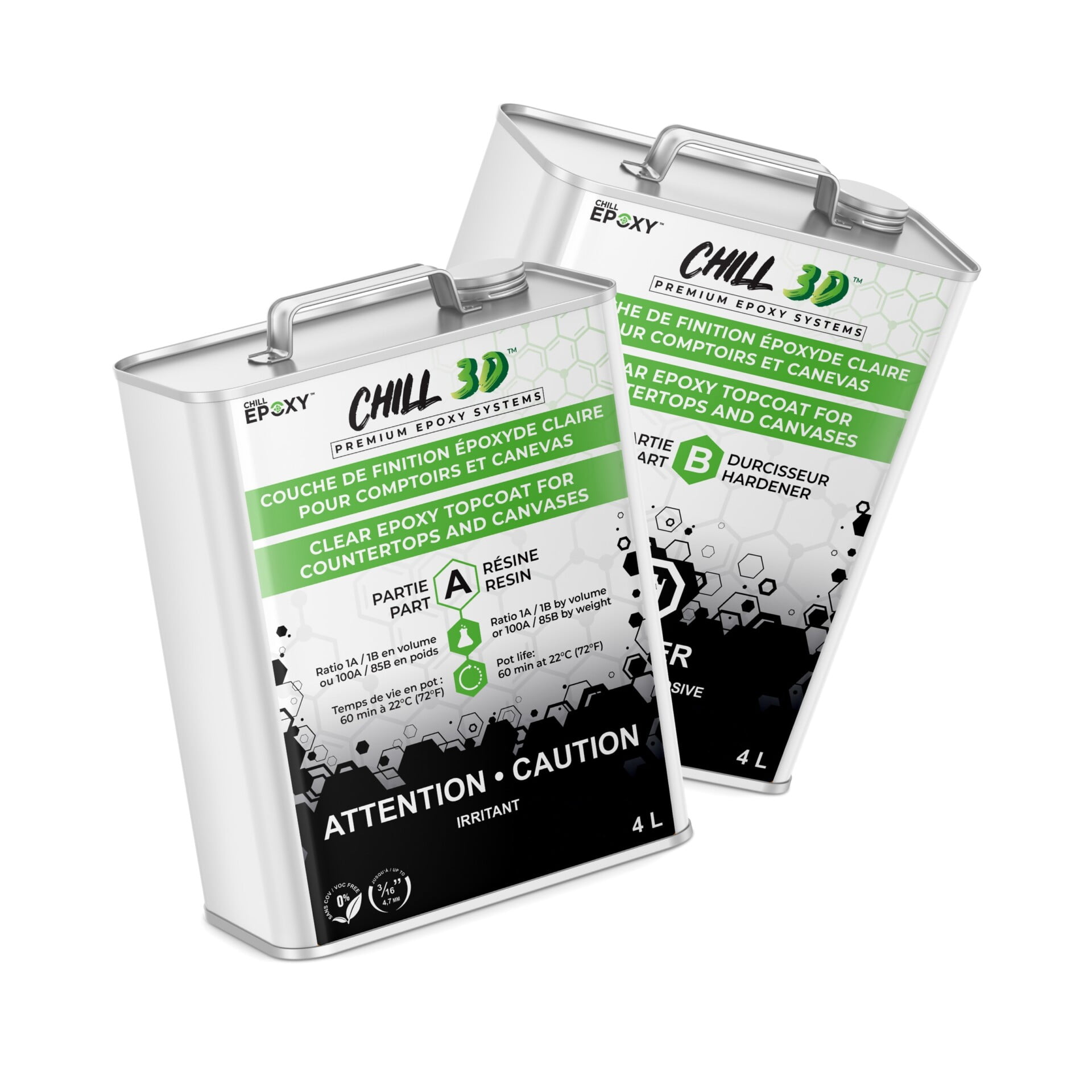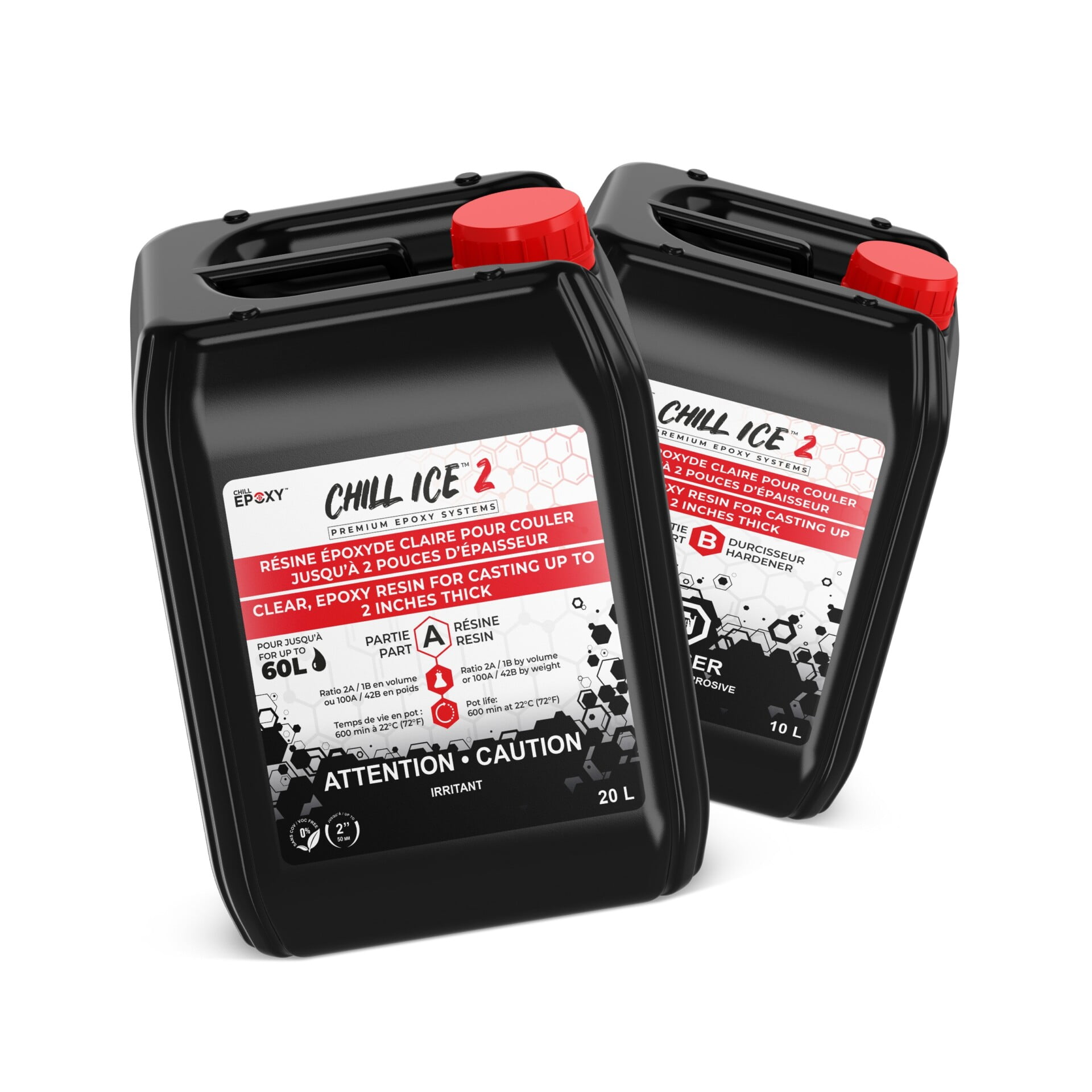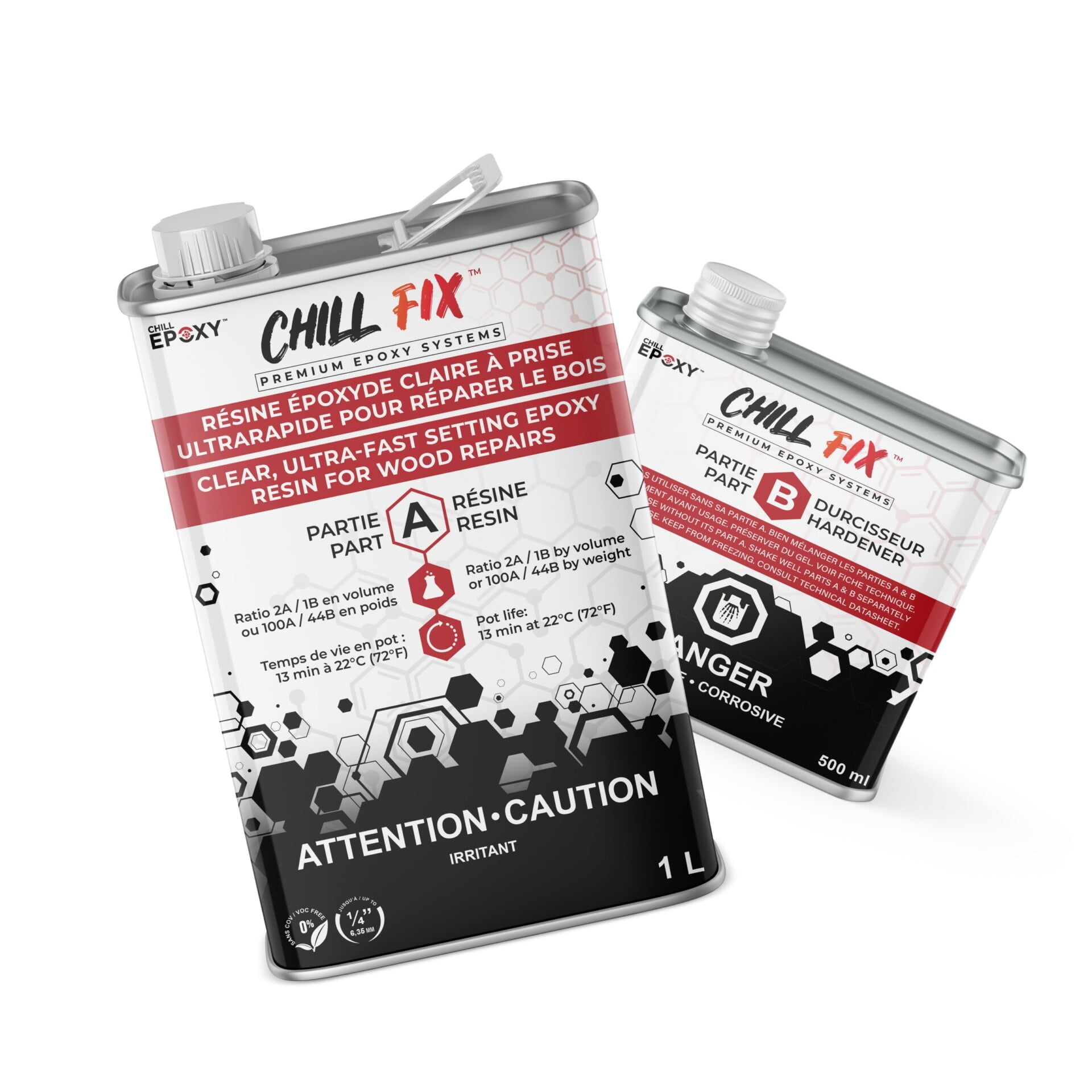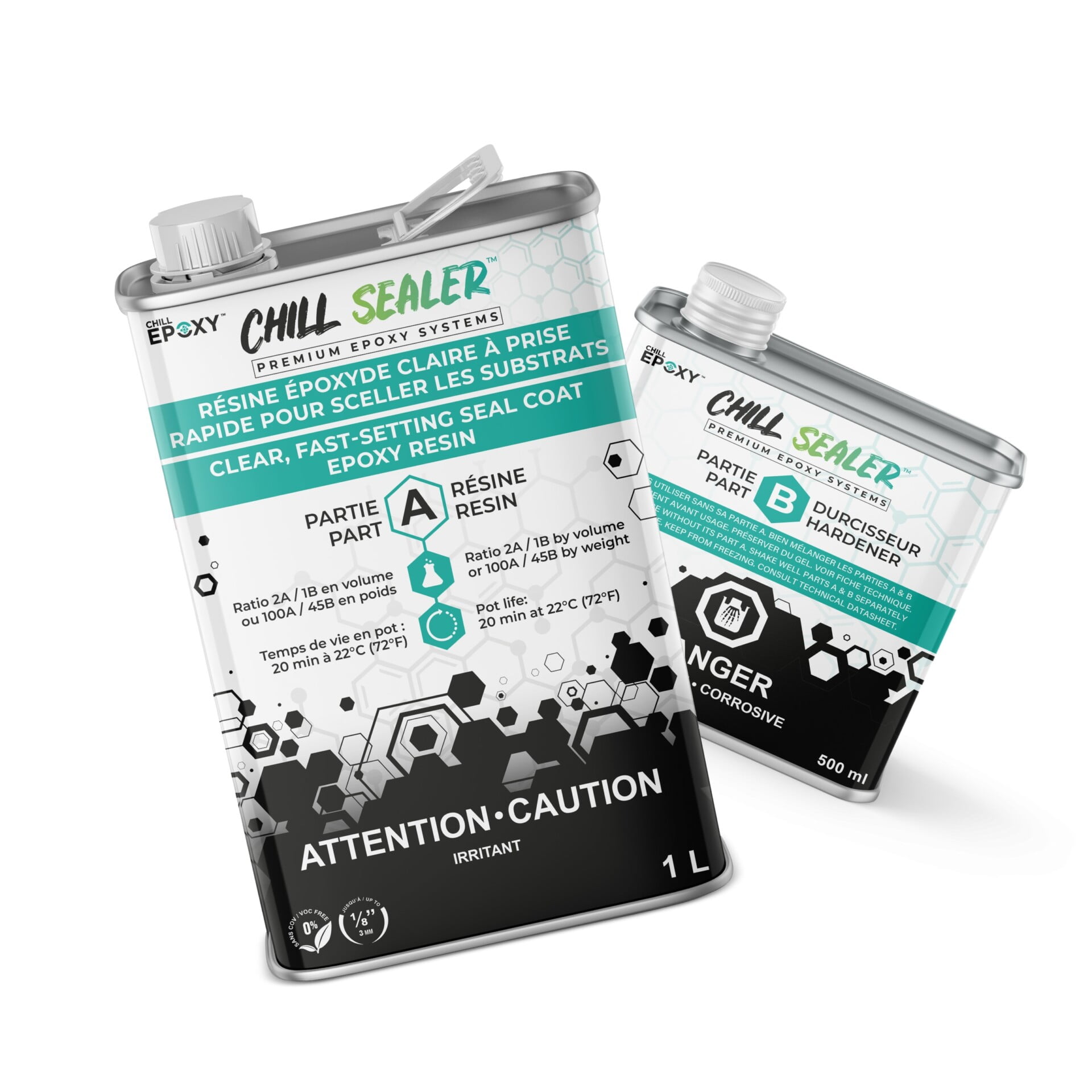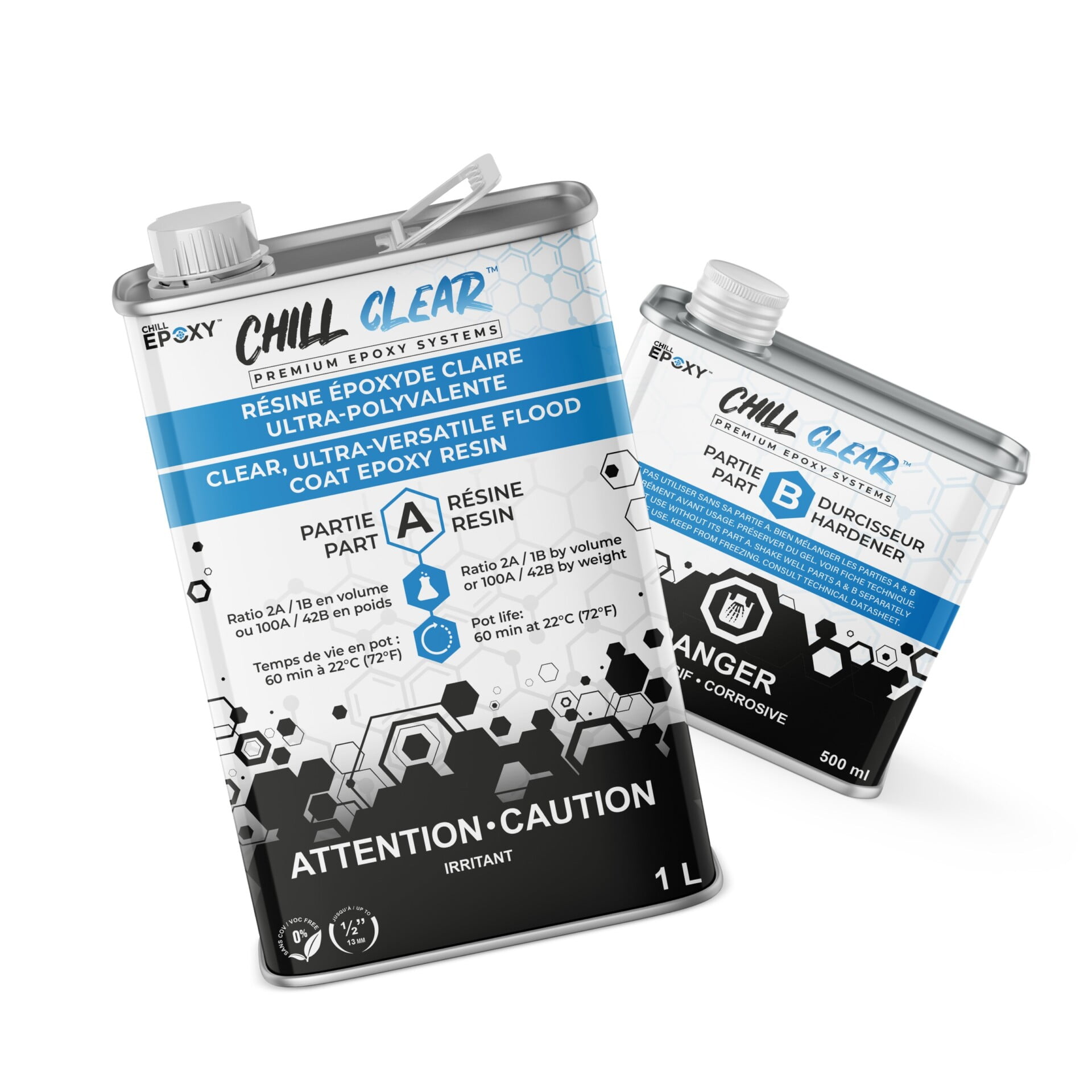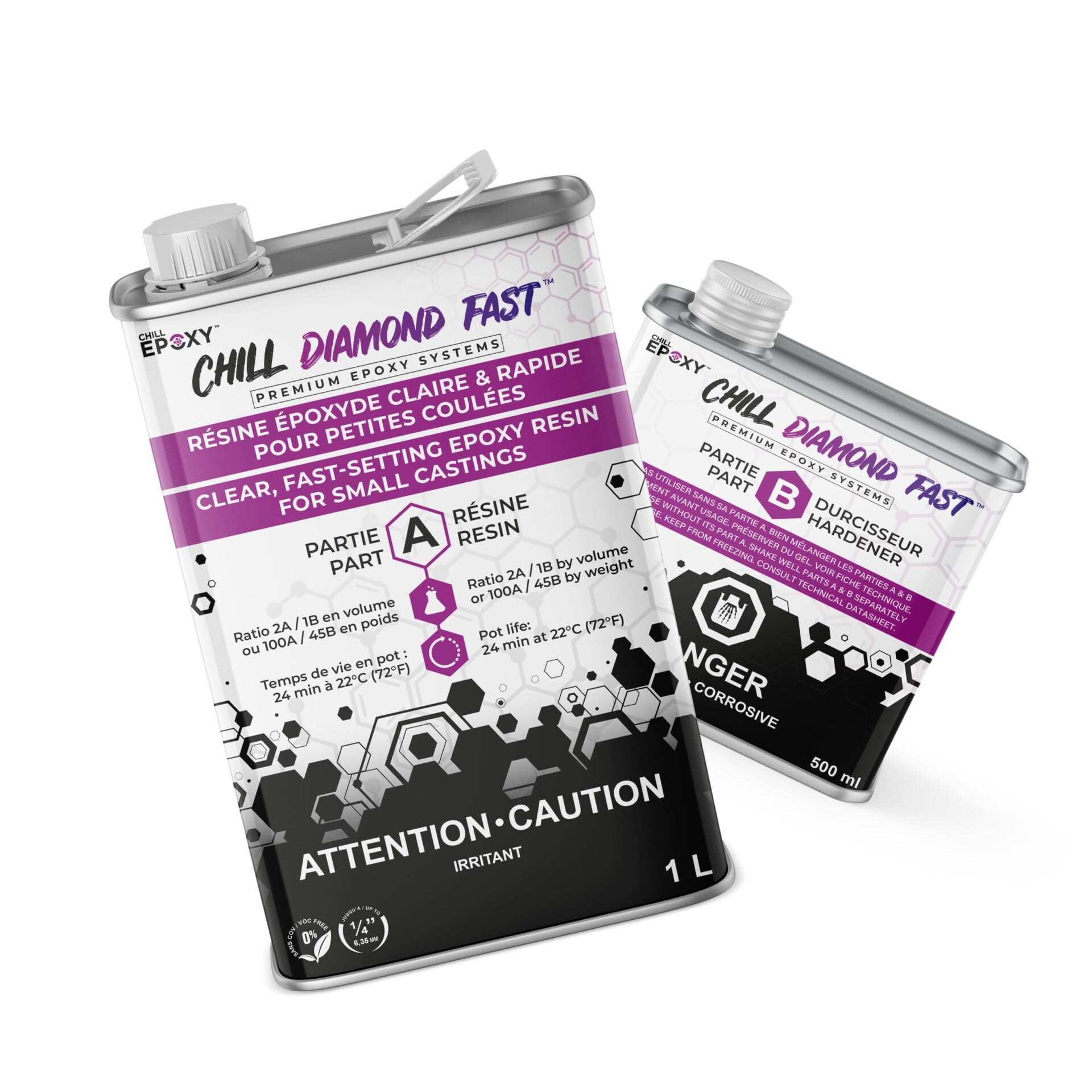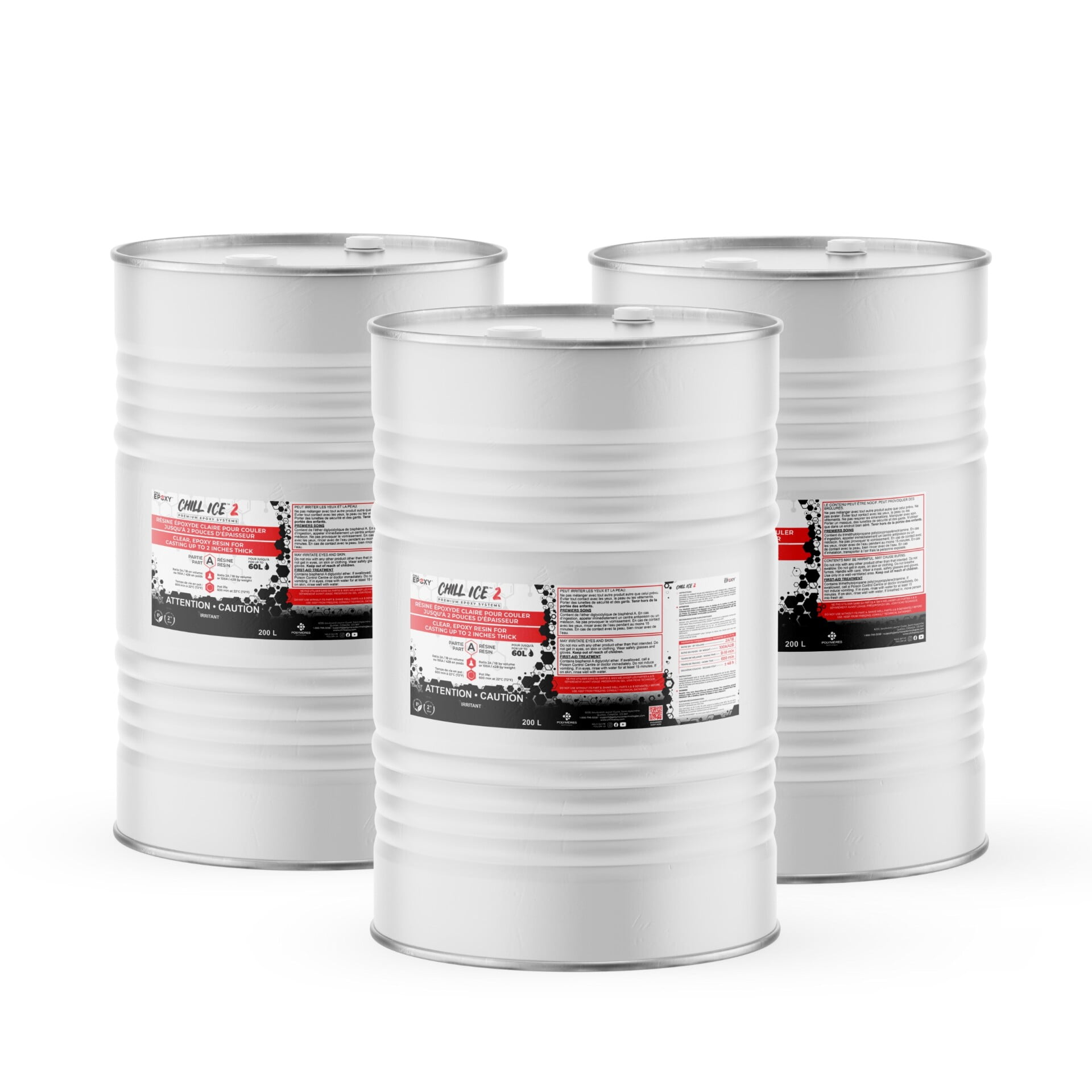Epoxy Resins: The Truth About Their Safety
The Misinformation Surrounding Epoxy Resins
Epoxy Resins: The Truth About Their Safety. The internet, being a vast source of information, is also rife with misinformation. This is particularly true when it comes to epoxy resins. Many people pose as experts, spreading unverified claims about the potential hazards of epoxy resins. So, how can we differentiate between facts and fallacies?
Epoxy Resins vs. Polyester Resins
Firstly, it’s essential to clarify that epoxy resins are often mistakenly equated with polyester resins. The latter contains a high percentage of styrene, often more than 30-40%, making them significantly more toxic. While epoxy resins can have varying qualities, including those that contain solvents, they are generally considered non-toxic.
The Role of Manufacturers
Consumers have the right to demand manufacturers produce formulas devoid of volatile organic compounds (VOCs). This responsibility lies in the hands of thermosetting resins producers who are committed to developing safe, environmentally friendly products by carefully selecting raw materials.
The Actions of Polymères Technologies
Polymères Technologies, for instance, is committed to protecting the environment and the health and safety of workers. They formulate epoxy and polyurethane systems without solvent and phthalates, which comply with the European RoHS standard for the most part.
Are Epoxy Resins Dangerous?
Despite the fact that epoxy resin is a chemical product, most safety precautions required are common sense standards of conduct that anyone working with chemicals should follow. Yet, it’s undeniable that epoxy resin is known to be a skin sensitizer, often causing skin allergies such as dermatitis and eczema.
Epoxy Resin as a Skin Sensitizer
Epoxy resin is known for causing skin allergies, such as dermatitis and eczema. The extent of these allergies can vary greatly from person to person, making it a significant concern for those handling the resin.
Personal Sensitivity to Epoxy Resin
Sensitivity or tolerance to epoxy resin can greatly vary among individuals. Hence, the best precaution is to avoid direct contact and splashing.
Safety Recommendations When Handling Epoxy Resins
Safe Storage
Just like any household cleaning product, epoxy resins should be stored in a cool, dry, well-ventilated area, out of the reach of children.
Working in a Well-ventilated Area
Avoid working in a confined environment with epoxy resin. If unavoidable, proper respiratory equipment should be worn.
Use of Approved Safety Equipment
Full-body protection, including covering arms and legs, wearing chemical splash goggles and waterproof gloves, is a must when handling epoxy resins.
Material Safety Data Sheets
Before using epoxy resins, make sure to read the material safety data sheets carefully. These sheets provide detailed information about the product, including its potential hazards and how to use it safely.
Conclusion
In conclusion, while epoxy resins are not inherently dangerous, they should still be handled with care due to their potential to cause skin allergies. By following safety guidelines such as storing them correctly, working in a well-ventilated area, using approved safety equipment, and reading material safety data sheets, you can ensure your safety when working with epoxy resins.
FAQs
- What is the difference between epoxy resins and polyester resins?
Polyester resins contain a high percentage of styrene, making them significantly more toxic than epoxy resins. - Are all epoxy resins safe?
Epoxy resins are generally considered non-toxic, but some may contain solvents. It’s important to read the product’s material safety data sheet before use. - What precautions should I take when handling epoxy resins?
You should store epoxy resins in a cool, dry, well-ventilated area, work in a well-ventilated area (or use respiratory equipment), wear approved safety equipment, and avoid direct skin contact. - What are the possible health effects of epoxy resins?
Epoxy resins are known to cause skin allergies, such as dermatitis and eczema. - What is the role of manufacturers in ensuring the safety of epoxy resins?
Manufacturers should be committed to producing environmentally friendly products by carefully selecting raw materials and avoiding the use of volatile organic compounds (VOCs).


